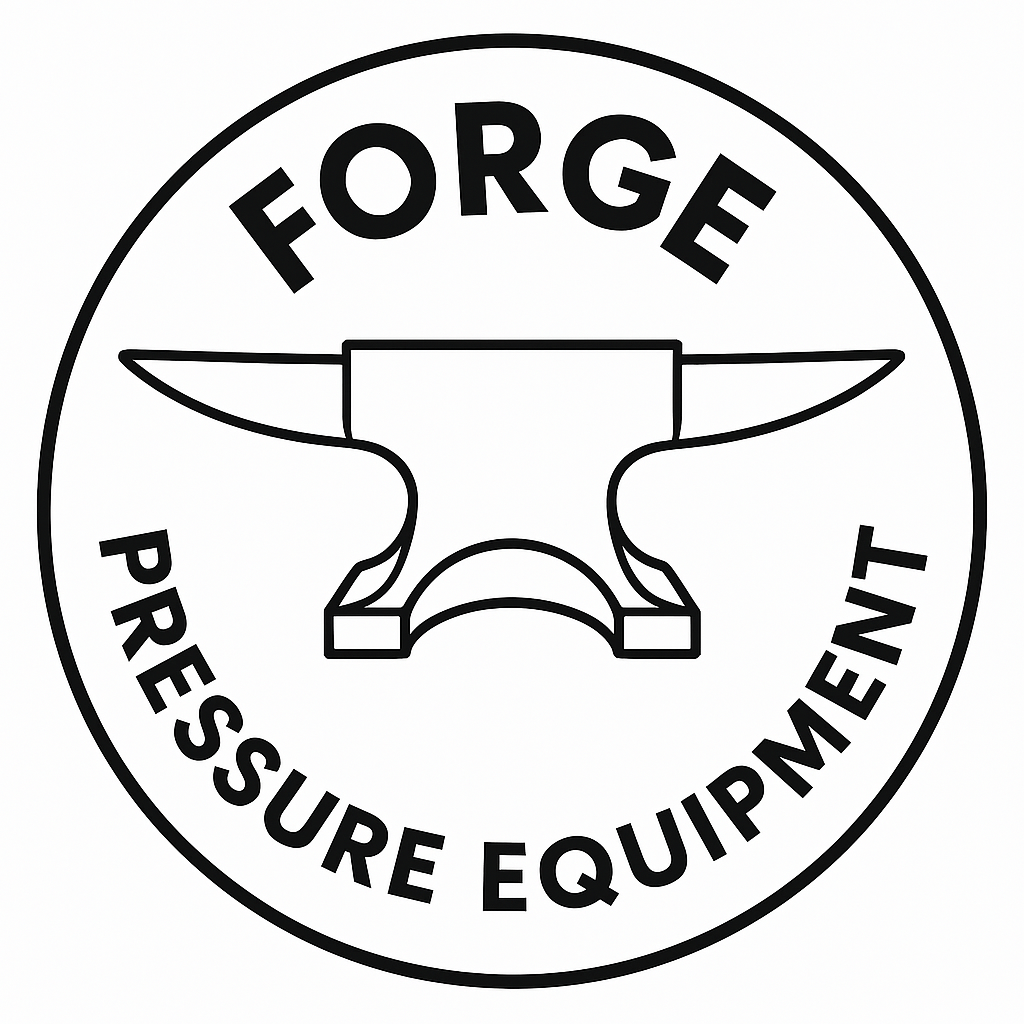Real‑World Applications of High Pressure Laboratory Equipment
Introduction
High pressure laboratory equipment plays a critical role in modern research and industrial testing. From developing new materials to simulating extreme environments, these systems allow scientists and engineers to push the boundaries of discovery. In the UK, demand for high pressure laboratory pressure vessels and high pressure reactors continues to grow, driven by sectors such as pharmaceuticals, energy, and advanced materials.
This article explores the real‑world applications of lab pressure vessels, highlights compliance requirements such as ASME and PED standards, and provides practical examples of how these tools are used in laboratories across the UK.
Why High Pressure Laboratory Pressure Vessels Matter
A laboratory pressure vessel is designed to safely contain reactions or processes that occur under elevated pressures. Unlike standard laboratory glassware, these vessels are engineered to withstand extreme conditions while maintaining operator safety and experimental integrity.
Key benefits include:
The ability to replicate industrial processes on a smaller, controlled scale.
Enhanced reaction rates and yields due to elevated pressure conditions.
Safe containment of volatile or hazardous substances.
Compliance with international safety standards such as ASME compliant pressure vessels and PED compliant laboratory vessels.
For UK laboratories, investing in robust lab pressure vessels ensures not only reliable results but also adherence to strict regulatory frameworks.
Applications in Chemical and Pharmaceutical Research
One of the most common uses of high pressure laboratory pressure vessels is in chemical synthesis. Elevated pressures can accelerate reactions, improve selectivity, and enable pathways that are not possible under ambient conditions.
In pharmaceutical research, high pressure reactors are used to:
Develop new drug compounds through hydrogenation and catalytic reactions.
Test stability and degradation pathways under simulated storage or transport conditions.
Scale up promising laboratory results into pilot‑scale processes.
For procurement officers, specifying UK laboratory pressure vessels that meet both ASME and PED compliance ensures equipment is suitable for international collaboration and regulatory approval.
Materials Science and Advanced Manufacturing
Beyond pharmaceuticals, high pressure laboratory pressure vessels are essential in materials science. Researchers use them to explore how metals, polymers, and composites behave under extreme conditions.
Practical applications include:
Studying corrosion resistance of alloys in simulated subsea environments.
Testing polymers and composites for aerospace and automotive applications.
Developing new catalysts for energy storage and conversion.
By using ASME compliant pressure vessels, laboratories can replicate industrial conditions safely, generating data that directly informs product development.
Energy and Environmental Research
The energy sector relies heavily on high pressure reactors and laboratory pressure vessels to test new technologies. In the UK, where decarbonisation and renewable energy are national priorities, these tools are indispensable.
Examples include:
Simulating carbon capture and storage conditions to test geological stability.
Developing biofuels and hydrogen technologies under controlled high‑pressure environments.
Investigating the behaviour of gases and fluids in subsurface reservoirs.
For environmental research, lab pressure vessels allow scientists to replicate deep‑sea or subsurface conditions, providing insights into climate change, ocean chemistry, and sustainable energy solutions.
Safety and Compliance Considerations
Working with high pressure systems requires rigorous safety protocols. Procurement officers and laboratory managers must ensure that all UK laboratory pressure vessels meet recognised international standards.
ASME compliant pressure vessels: These meet the American Society of Mechanical Engineers Boiler and Pressure Vessel Code, widely recognised for safety and reliability.
PED compliant laboratory vessels: Required for equipment sold or operated within the European Economic Area, ensuring conformity with the Pressure Equipment Directive.
Choosing equipment that is both ASME and PED compliant provides confidence in safety, durability, and regulatory acceptance. It also reduces the risk of costly downtime or compliance failures.
Practical Examples from UK Laboratories
To illustrate the versatility of high pressure laboratory pressure vessels, consider the following real‑world scenarios:
University research labs: Using lab pressure vessels to study catalytic reactions for green chemistry initiatives.
Pharmaceutical companies: Employing high pressure reactors to accelerate drug discovery pipelines.
Energy research centres: Testing carbon sequestration methods under simulated geological pressures.
Industrial R&D facilities: Developing corrosion‑resistant alloys for offshore energy infrastructure.
Each of these examples demonstrates how laboratory pressure vessels bridge the gap between theoretical research and practical application.
Selecting the Right Equipment for Your Laboratory
When procuring laboratory pressure vessels, decision‑makers should consider:
Pressure and temperature ratings: Ensure compatibility with intended experiments.
Material of construction: Stainless steel, Hastelloy, and other alloys offer different resistance to corrosion and chemical attack.
Volume and scalability: From small‑scale vessels for research to larger systems for pilot studies.
Compliance certification: Always verify ASME and PED compliance for safety and regulatory assurance.
By aligning equipment specifications with research goals, laboratories can maximise both safety and productivity.
Conclusion
High pressure laboratory pressure vessels and high pressure reactors are indispensable tools for UK laboratories engaged in cutting‑edge research. From pharmaceuticals to energy and materials science, these systems enable breakthroughs that shape industries and improve lives.
Safety and compliance remain paramount, making ASME compliant pressure vessels and PED compliant laboratory vessels the gold standard for procurement.
If your organisation is exploring new projects or upgrading existing facilities, Forge Pressure Equipment can help. We specialise in designing and supplying UK laboratory pressure vessels that meet the highest standards of safety, compliance, and performance.
Contact Forge Pressure Equipment today to discuss your requirements and discover how our lab pressure vessels and high pressure reactors can support your next breakthrough.

